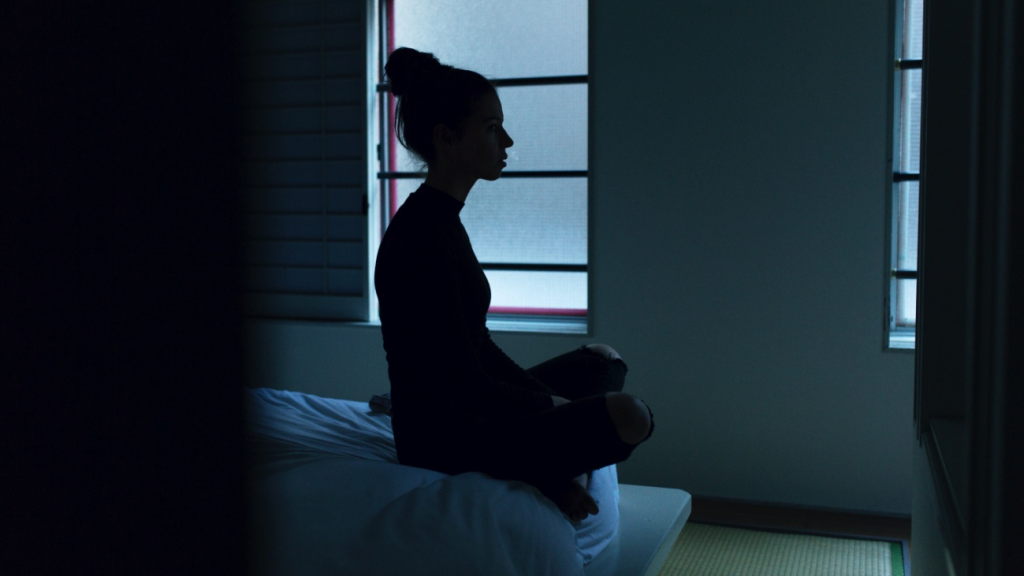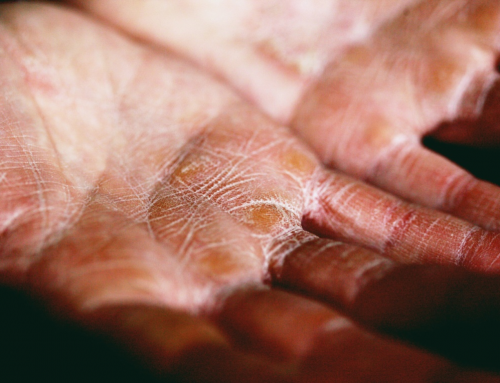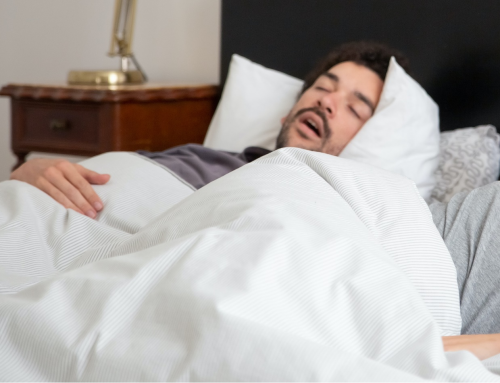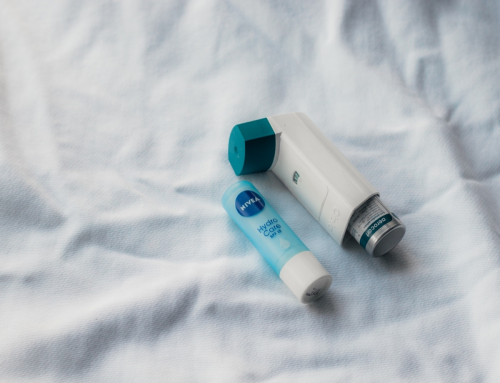Sleep disorders are a group of conditions that affect the ability of a person to sleep well on a regular basis.
Most people can experience a sleeping problem occasionally, either due to health issues or because of stress, workload, and a hectic schedule. But if this issue occurs regularly, it might indicate a sleep disorder. Sleep disorders can affect the mental and physical health of a person.
Few Tips to Help You Sleep Better
1. Create an Ideal Sleeping Environment
Make sure your bedroom is comfortable, quiet, and dark, with the thermostat set to your liking. If noise bothers you, use earplugs or a white noise machine. If you have a problem with the light, use a sleep mask or blackout curtains.
2. Avoid Using Alcohol and Other Stimulants Like Nicotine and Caffeine
The effects of caffeine can last very long, sometimes even for 24 hours. This might affect your sleep. So, limit your caffeine intake.
Initially, alcohol has a sedative effect for the first few hours but later can lead to frequent arousal and non-restful sleep.
3. Workout Regularly
Exercising regularly can help improve the quality of your sleep. Make sure you exercise three hours before planning to sleep, as exercise can have a stimulant effect on the body.
4. Avoid Doing Other Activities in Bed
If you find it difficult to fall asleep, make sure your brain relates your bed with sleep only. Avoid doing office work or studying in bed. Also, don’t watch television or use your mobile in bed.
5. Leave All Your Worries Outside Your Bedroom
Avoid going over the entire day and worrying about things you have no control over. Also, don’t think about the next day’s work-related tasks in bed. Before leaving work, make sure you make a list of things you need to do the next day. This will help eliminate some of your worries.
6. Reduce Stress
Try relaxation therapies and stress reduction methods such as deep breathing techniques, meditation, guided imagery, etc.

7. Avoid Food Consumption Before Going to Bed
Having a late-night dinner or snack can activate the digestive system, which leads to difficulty in sleeping. If you suffer from GERD, doing this will worsen your symptoms.
8. Consider Cognitive Therapy
Cognitive therapy can help identify inappropriate thoughts and behaviors that might be causing insomnia. It helps you understand sleeping norms and sleep changes related to age and helps you set reasonable sleep goals.
If you are suffering from a sleep disorder, contact Dr. John D. Bray, a renowned sleep disorder doctor in Midland, TX. He is also an experienced pulmonologist and allergy specialist practicing in Midland, TX, and Eastern New Mexico.









Leave A Comment